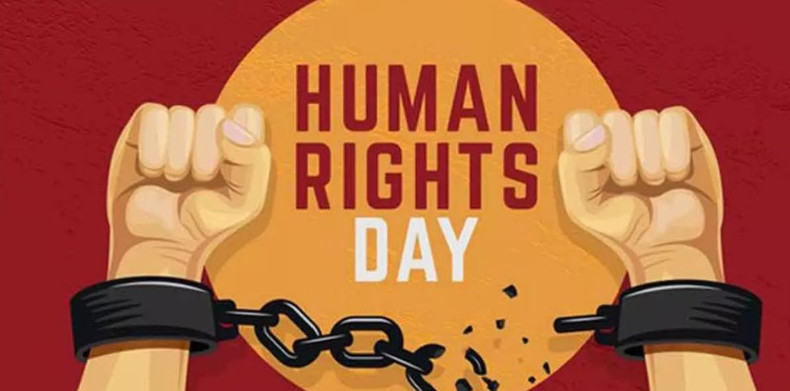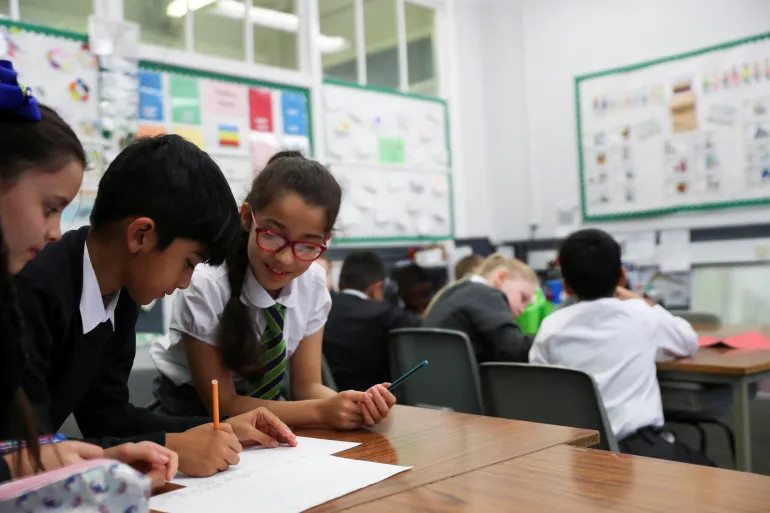What you need to know:
- The Universal Declaration of Human Rights would, seven decades later, become the backbone of justice systems worldwide, ending epochs of unquestioned barbarism, under which countless injustices had been perpetuated.
International Human Rights Day marks 74 years today, having first been observed on December 10, 1950, exactly two years after the Universal Declaration of Human Rights (UDHR) was promulgated on the same date, December 10, 1948. Thus today is a very important day globally, as, using the words of the United Nations, “it commemorates the anniversary of one of the world’s most ground-breaking global pledges (UDHR).”
This ground-breaking pledge is of utmost importance as it protects everyone from the dangers and possibilities of being treated as less human or as less deserving, cutting across all the social structures and barriers, and identifying each human being as equally dignified like others and with inviolable fundamental rights which must not be tampered with.
The Universal Declaration of Human Rights would, seven decades later, become the backbone of justice systems globally, ending the epochs of unquestioned barbarism under which countless injustices to people and societies had been perpetuated in perpetuity.
Like other countries, our legislative and justice system has grown substantively in interpreting, contextualising, allocating, and protecting the rights of every individual in our country. Clearly, we are not where we were 60 years ago during the early stages of nation-building. This progress is evident in constitutional reviews and the formulation of new laws, bylaws, and guidelines to address emerging issues and expand the coverage of justice.
Yet, while celebrating this, it is crucial to return to base with keen and critical eyes to see if we are proud of the way life and liberty of persons in our country are protected and assured, alongside all other tenets of the Universal Declaration of Human Rights, to which Tanzania is duly bound to adhere, by virtue of being a member of the United Nations. Unless we boldly examine this, we would most likely slide back to the time when such protections were not there at the cost of irreplaceable human lives.
One of the trending issues at the moment is the disappearance of persons in mysterious circumstances, each event with varying amounts of data from others. Some crucial questions can be: Is there substantive, open, reasonable, and transparent investigation and accountability for such issues? Do citizens have confidence in those whose duty is to ensure a state of public safety endures?
Is there independence in duties and practice across the three pillars of our government, namely the Executive, Judiciary, and Legislature? No doubt, interference across these can compromise a free and fair flow of allocation of justice.
Again, are all citizens in practice equal under our laws, in that we can all be questioned, investigated, and prosecuted in the event of wrongdoing, including public officials? This is important because every breach of human rights is a ‘breach’ because such an action has interfered with the rights of others, either in part or in full denial of such rights altogether.
Aligning with the theme of this important human rights advocacy day today, which says, “Our Rights, Our Future, Right Now,” we ought to remember the importance of free speech as a means towards attaining a more just and rights-respecting society.
Free speech entails that people can voice their concerns, either as individuals or groups, without fear of being harmed or suppressed by those responsible. It is freedom of speech that widens our coverage of justice, as people will speak out about even the narrowest loopholes of injustices and infringement of rights.
Furthermore, those in leadership and public offices must manifest the values that lead to the protection of dignity and fundamental rights of all people, as an example to the young people.
These young people also have to be allowed to engage in politics without fear; otherwise, we will have a nation wherein there is a gap in socio-political thought as the young are deeply grounded in the life reality of this time and its dynamics, yet are not part of the collective decision-making and have no avenue to make their voice heard.
It is a right of each one of us to have free social and political opinion, an important way to also discover those with potentiality for good leadership.
When injustice and human rights violations are responded to with light statements or silence, it creates agitation among the victims and the general public, which often backfires in a bad way.
To curtail these happenings, we need to highlight and strictly adhere (for good) to the boundaries of practice within different government bodies; we cannot have an influence of, for example, politics or policing in everything; there are areas where politics lacks relevance and causes even more complicated injuries! In the same way, there are situations where policing is unnecessary, and a simple political conversation is all that’s needed.
Joining the entire world to say “Our Rights, Our Future, Right Now” does us no good if it is just mere words; these words mean a whole integral transformation of societal life. Protecting everyone’s rights will protect our peaceful future, free from conflicts and revenges, which in unfortunate circumstances can turn to endless bloodshed and war. Human rights are indispensable; they are the backbone of our peaceful living.










